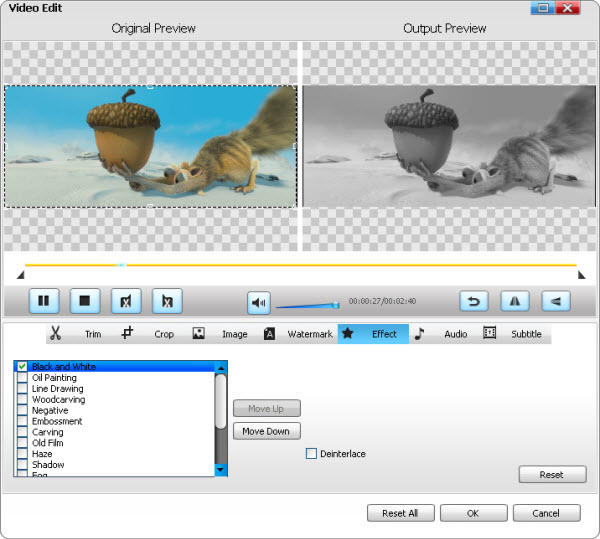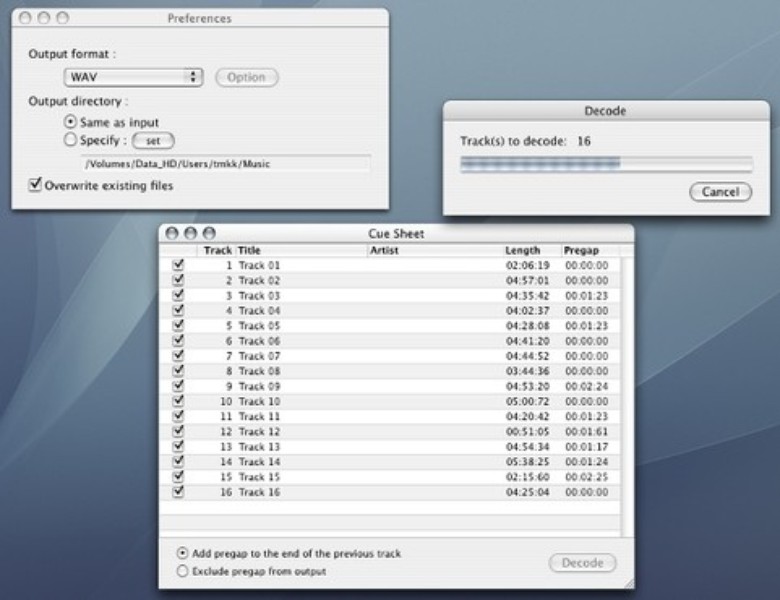


The reason why lossless is really only useful as an archive format is that unless you are, literally, a one in a million (and probably rarer) golden ear, there is some lossy encoder option at which you will never be able to genuinely distingish between the lossy encode and the original lossless. Myself, I keep my DVD archives as FLAC and am working on creating an iTunes indexed copy of the lossless files on hard drive in ALAC. Because any lossless format can be converted to any other lossless format, worrying about which format to use is purely a personal decision based on how you plan to manage things. so that you can always create lossy versions with better/different encoders in the future without going to the trouble of re-ripping, re-tagging, etc.

It is useful to archive music with tags, artwork, even ratings embedded somehow, etc. Lossless is only useful as an archive format. Really though, this, like all these subject-oriented threads, can be boiled down to this:


 0 kommentar(er)
0 kommentar(er)
